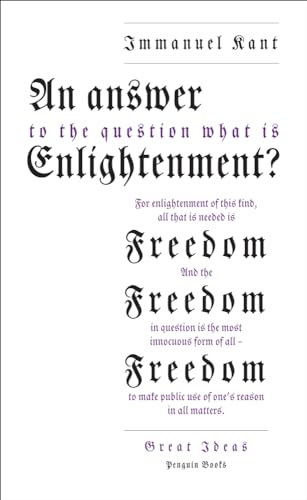Another philosophic problem is posed in this article about technology and trust again from the wonderful Open Learn website -
http://www.open.edu/openlearn/history-the-arts/culture/philosophy/technology-and-trust
The transcript -
Insidiously our lives have been regulated, monitored. Glass lenses watch impassively as we move about our daily lives, recording, noting all. Computers compile dossiers of where we live and how we spend our money.
Our letterboxes fill with unsolicited pamphlets, our names and addresses sold to mailing lists across the country. We can’t even browse our favourite web pages without the data being recorded and kept. How can we have trust in a society where our lives are being monitored by technology to such a huge degree?
The increased use of CCTV surveillance cameras has been, we are assured, for public safety. But what does this surveillance of our personal movement say about trust in our society? Do we need such a level of transparency to ensure public safety?
Surely, as Onora O’Neill argues, increased surveillance lowers the level of trust, and increases suspicion - the antithesis of trust. Do we have the right to go about our private business without this level of suspicion?
The implication is that we are no longer trustworthy, guilty before the act. If you have something to hide, then you must be guilty. Where does privacy sit in this transparent society? Is privacy a fundamental human right?
The alternative view is that surveillance cameras are able to furnish the authorities with images that identify criminals. Surveillance then, is useful in investigation, may act as a deterrent, but is unable to actively prevent crime.
What use privacy, when it gets in the way of solving crime? If we are to police our increasingly complex society, surely we should use all of the help we can get? Surveillance is merely a tool, and is used by responsible authorities for the public good. Privacy is irrelevant if you don’t have anything to hide.
The problem, it appears, is that the public is becoming increasingly suspicious of the authorities and their use of the information that we often give away unknowingly in the course of our daily lives.
The increasing use of computer databases to store personal information, and then the sharing and indeed the selling of this information by authorities and organisations has outraged many. We provide this information for the purpose of a transaction, and it is a breach of trust if this information is passed on.
With computer data tracking, it is possible to follow a credit or loyalty cardholder’s purchases, and from this information, target marketing to an individual’s spending habits. It is possible to know who you are, where you live, what you buy, if you’ve ever defaulted on a payment, ever had a motor vehicle incident - the list is endless.
Similar technology is used on the Internet, with the use of server-side applications, cookies and databases. Information on how you arrived at a particular web page, whether you have visited before (and how often), who you are, and what other pages you have been to can easily be obtained.
Do we really want other people to know our browsing habits? Do we want this sort of information to be available on the open market? The internet is even being used to broadcast CCTV cameras world wide, so it’s not only our browsing habits that are monitored.
The threat to privacy has been partly addressed by the UK’s 1998 Data Protection Act, which outlines what is meant by personal data, and the latest laws relating to the collecting, possession and distribution of data. It makes interesting reading, and illustrates the extent to which personal data has been used up until now.
One of the fundamental questions that arises from this law is - who is going to enforce it, and how? Do we trust our governments to follow up this type of legislation and not to use these technologies to oppress or manipulate us, or to promote certain private interests?
Technology is changing so rapidly that governments and legislation are struggling to keep up. The next change in technology will doubtless bring many benefits to consumers, but at what cost? Are we giving away our right to privacy, the right to lead our lives without the eyes of government and commerce on us?
Governments need to be particularly careful in the management of personal data and the level of surveillance on the populace. If the government cannot trust the people, then how can the people trust the government?
A breakdown of trust will lead to the breaking of the social contract, which in turn could lead to a primitive yet post-apocalyptic society. It’s a sobering thought, but at least then we will know which of the great philosophers is right about the extent of human beings' natural trust in each other.







